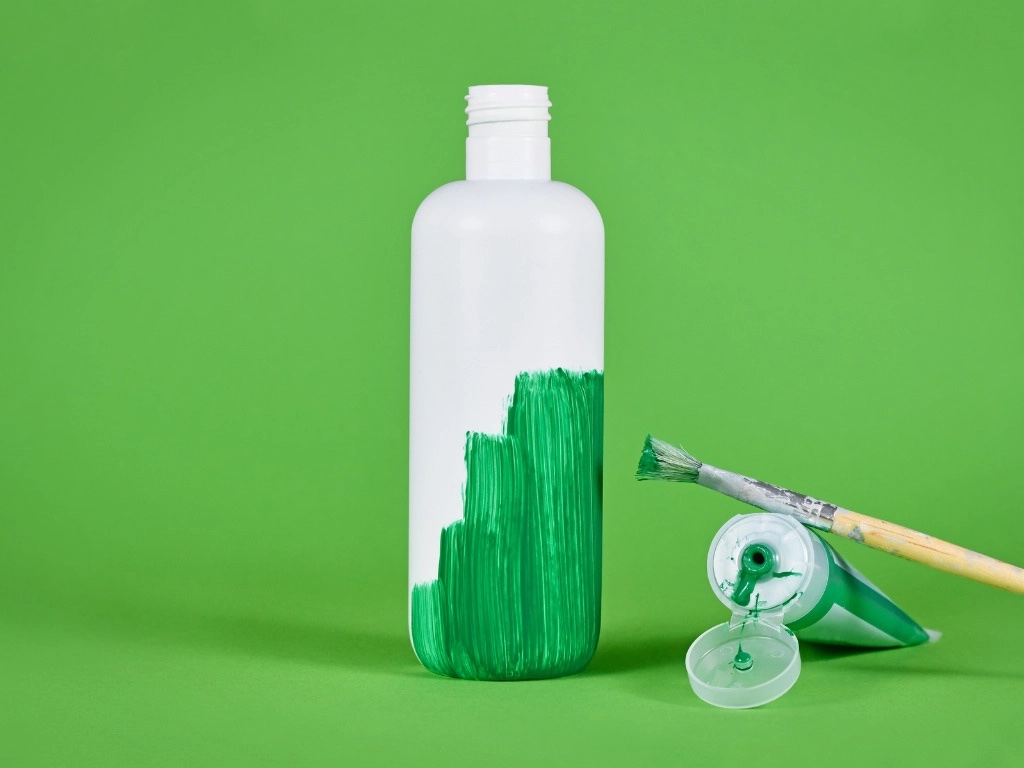By ESG McGill Analyst Johanna Lau
As we become more and more environmentally conscious, different aspects of our lives get called into question, from the clothes we wear to the food we eat.

What is “Greenwashing”?
According to Investopedia, greenwashing is “conveying a false impression or providing misleading information about how a company’s products are more environmentally sound.” There are many ways that a company can greenwash their products, and below are a few examples:
- Irrelevance and deflection: This is when companies focus on an irrelevant aspect of their product. They could, for instance, say that their product is made without a specific component when in reality, the component is already regulated. For example, many bottles say “BPA-free,” but the Canada Consumer Product Safety Act already makes bottles containing BPA illegal.
- Vague policies: This is when a company claims they have environmentally-conscious policies and goals, but the policies are unclear and do not include actionable timelines and progress. (An example of this is Nestle, which will be further explored below)
- No proof: When companies make a claim about their product that is not backed by evidence or calculations. For example, a company could claim that their produce is “organic” (which is not testable) or that their business is “carbon neutral” without including any evidence or calculations.
You can check out other methods companies use to greenwash their products here.
What Does Greenwashing Look Like in the Food Industry?
To illustrate, here are a few examples:
Many people shop locally as an alternative to wasteful and exploitative supermarket chains. Doing so supports local businesses, allows individuals to get to know the people growing our produce, and learn where the produce comes from. However, even farmers market vendors can be dishonest; in a 2017 investigation by CBC, investigators tested the vendors’ “homegrown and organic” claims. They found that one vendor had sourced his produce from a wholesaler to sell at the market. The New York Times also conducted a similar investigation, which found similar lies from other vendors.
Even restaurants have been investigated; this New York Times article writes that there were over 220 lawsuits against food and beverage companies in 2021 for mislabelling and misleading packaging information. This ranges from claims about “free-range” meats to cheeses containing “no antibiotics” to supposedly compostable take-out containers.
Palm oil is another product that is notorious for its negative environmental impacts. Public responses, however, are primarily centred on making vague claims and producing research without evidence. The Roundtable for Sustainable Palm Oil (RSPO) is not supported by peer-edited research or OSINT (Open-Source Intelligence), which is “the collection and analysis of data gathered from open sources to produce actionable intelligence.”
Big-name corporations in the food industry are also greenwashers. Nestle, for example, in a 2018 press statement, claimed they had ambitions to make their packaging 100% reusable or recyclable by 2025. However, they need to include clear targets, a timeline, or additional efforts. In fact, Nestle was still one of the top plastic polluters in Break Free From Plastic’s 2022 global brand audit report.
When it comes to sustainable living, there is an overemphasis on the individual to make changes to their life. In contrast, corporations are getting away with greenwashing and vague promises of a green future. Though educating yourself about products’ origins is important, it is also essential to acknowledge that it is challenging to shop entirely green when it is the companies and industry practices that must change.
Environmental activism is not about guilting others into shopping locally but about encouraging ourselves to be conscious of how we vote with our dollars. It is important to hold companies responsible and take action wherever possible.
Other links referenced for this article:
https://earth.org/greenwashing-companies-corporations/
https://www.thegreathealing.org/blog/lawsuits-over-misleading-food-labels-surge
https://blogs.rochester.edu/thegreendandelion/2019/01/greenwashing-in-the-food-industry/
